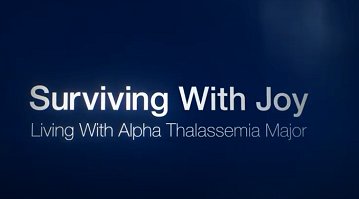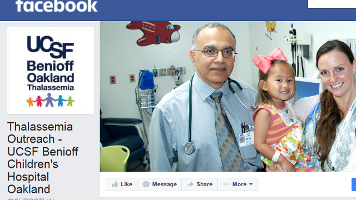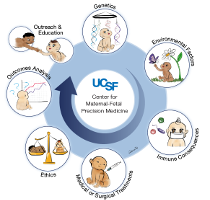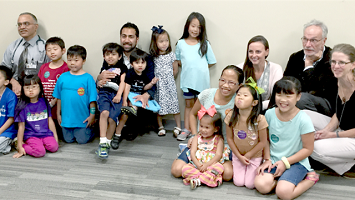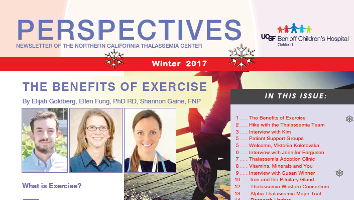21.0 - THALASSEMIA RESEARCH
Research and clinical teams in comprehensive thalassemia centers work together to provide the highest-quality, integrated health care possible. Research is an important component of comprehensive care for patients with thalassemia. Research allows doctors to offer patients and families the most up-to-date and innovative therapies. In recent years, research has led to many advances in thalassemia treatment.
As part of thalassemia patients’ care, they should be informed about studies that they might be eligible to participate in. Patients are never obligated to join any study, and if they choose not to participate, they should be assured that they will still receive high-quality health care.
There are a variety of long-term projects, funded by different sources—the National Institutes of Health (NIH), the Center for Disease Control (CDC)—that are available for patients. The Thalassemia Clinical Research Network (TCRN) was funded in 1998 by the National Heart, Lung, and Blood Institute (NHLBI) to provide a national structure to conduct clinical studies in thalassemia. The TCRN has been successfully funded by the NHLBI for two five-year cycles, based on the previous successful studies that have been done.
The CDC also funds a national study to monitor the safety of the nation’s blood supply. The CDC is collecting blood samples from patients with thalassemia to screen for disease (HIV, hepatitis A, B, and C). This study is also collecting an annual visit form to evaluate care for patients with thalassemia at various sites around the country.

